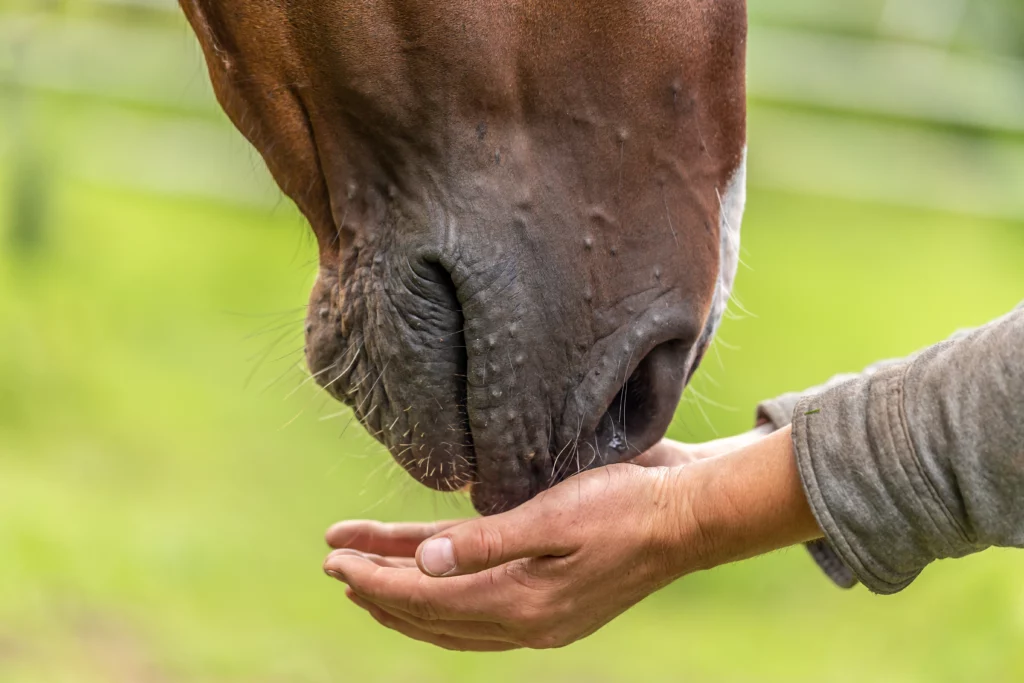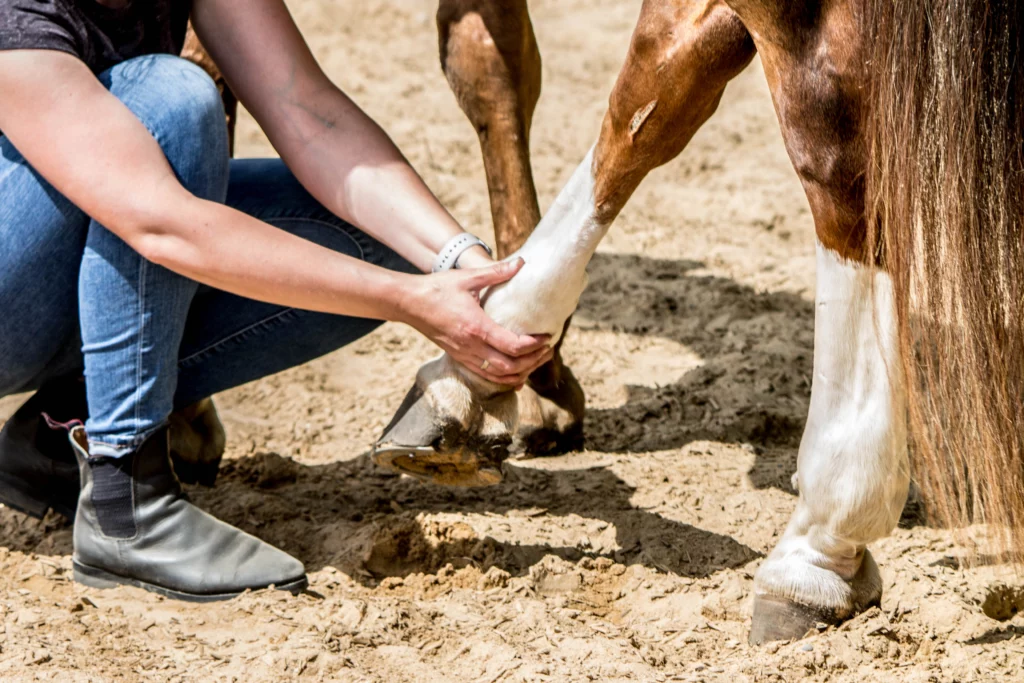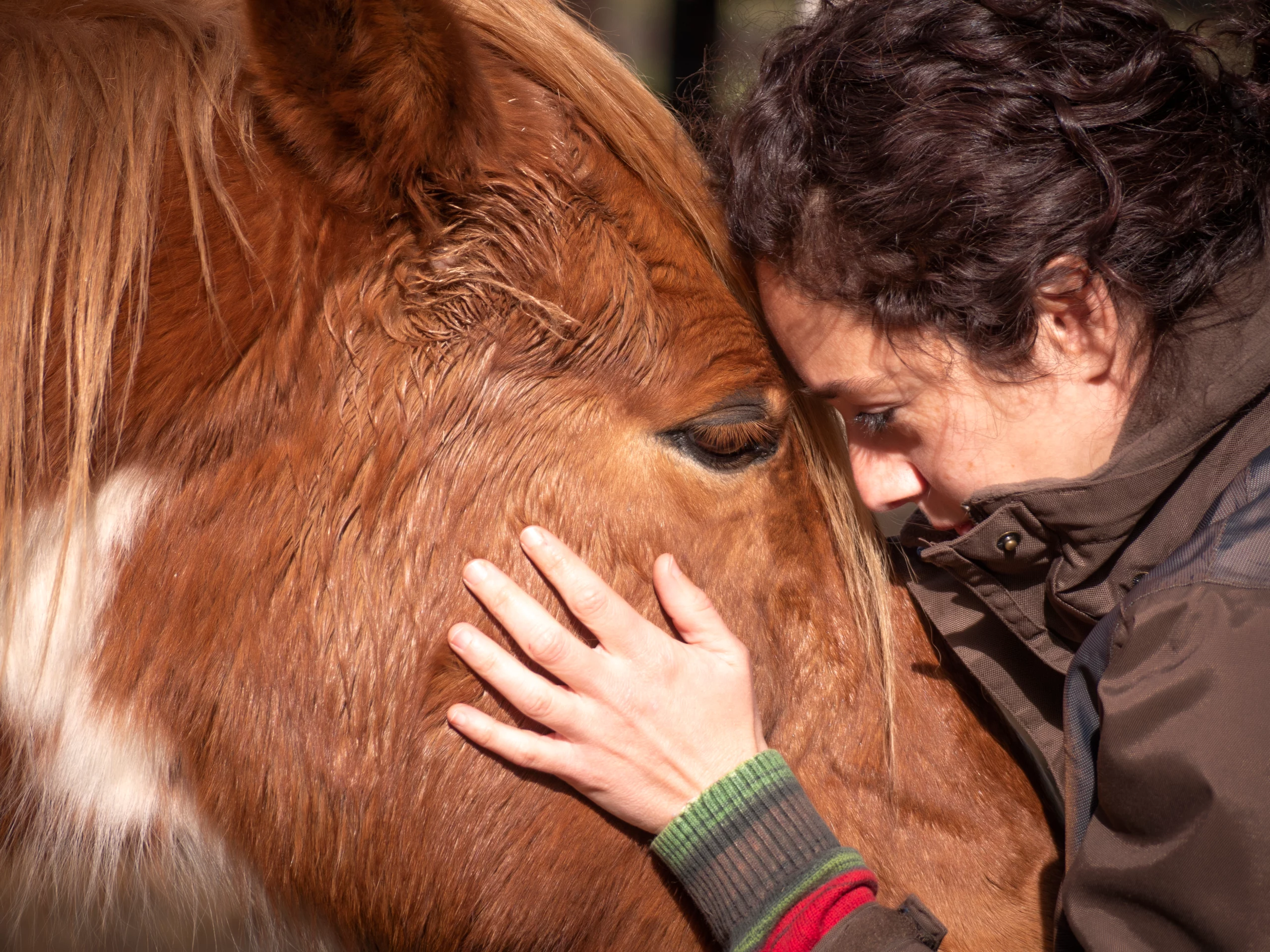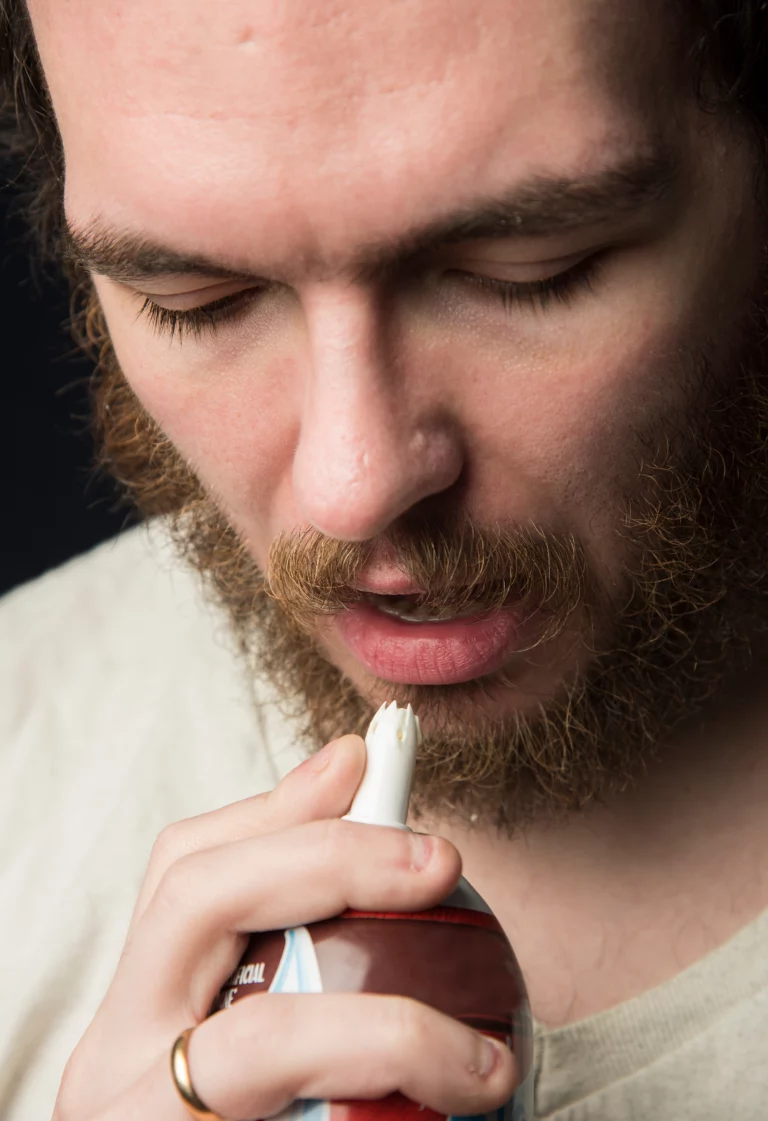Equine Therapy for Addiction—What to Expect
Equine therapy for addiction is a relatively new therapeutic strategy in addiction treatment. Equine therapy has been around for a long time, since 1969 in the United States, but in the last few decades, it has become more popular, partly because of its use by famous people. In addition, more ordinary individuals are now relying on it to help them with their healing, be it for substance abuse or another issue. Treatment facilities across the US are offering this type of therapy, along with other alternative treatments that patients can access.
This article will discuss equine therapy, what you can expect during a session, and who could benefit from this therapy.
Equine therapy can lead to positive changes in individuals’ attitudes, thoughts, and behaviors which ultimately helps them in battling their addiction. It is a remarkable form of therapy that has been proven to help people struggling with addiction build a more positive outlook on life.
What is Equine Therapy?
Equine therapy, also referred to as equine-assisted therapy or horse therapy, is a form of treatment that makes use of the bond between humans and horses to better physical, psychological, and cognitive health. It has been applied effectively to treat people with various conditions, including addiction. In equine therapy for addiction, individuals can collaborate with horses by doing activities such as brushing, providing food, and leading them into different activities. The therapy may be conducted in a group or individual session, and a mental health professional or equine expert may be there to direct the session.

Individuals may discover that engaging with horses can be an effective source of peace and healing and that collaborating with horses can assist them in creating fresh coping strategies and fortifying self-regard. Furthermore, the physical activity included in horse therapy could be advantageous for those who are having difficulty with addiction. There is limited research on how successful horse therapy is in particular for addiction, but it could be a useful complementary treatment for some people. It is essential to bear in mind that equine therapy should not be used as the sole treatment for addiction but as a part of a comprehensive treatment program that also includes other scientifically proven therapies.
Who Benefits from Equine Therapy?
Those struggling to overcome addiction can benefit from equine therapy. Addiction can cause a person to suffer a loss of self-confidence, making it more difficult for them to engage with others and leading to possible isolation. Working with horses can help individuals relearn how to be open and manage their impulses since horses act as a sort of living feedback system. Equine therapy has also been seen to have positive effects on people with varying disabilities that interfere with socialization and impulse control.
Equine therapy can also help individuals with:
- Depression
- Anxiety
- Attention Deficit Hyperactive Disorder (ADHD)
- Post-Traumatic Stress Disorder
- Eating Disorders
- Personality Disorders
What to Expect During an Equine Therapy Session in Louisville, KY
When attending an equine therapy session, exercises can include brushing, guiding, and even riding the horse. The activities are based on the objectives of the therapy, and the capacities and needs of the participant. The therapy is generally administered by a mental health expert, such as a therapist or advisor, who has been educated in the utilization of horses for therapeutic purposes. The therapist and the individual will work together to recognize objectives and build up a treatment plan that includes exercises to help the individual accomplish those goals.
Generally, equine therapy can be a pleasant and calming experience and a lot of people state that working with horses helps them to feel more comfortable and connected to nature. It is essential to bear in mind that, like any kind of therapy, equine therapy can also be demanding at times and may involve confronting complex feelings or events. Nevertheless, with the help of the therapist and the direction of the horse, individuals can manage these difficulties and make progress in their treatment.
What Makes Horses Good Therapy Animals?
Horses are frequently employed as therapy animals for several reasons. They are large, powerful, and kind, and they can perceive the sentiments of humans. Furthermore, they do not pass any judgment and are willing to offer understanding, which is beneficial for those in therapy to share their feelings. Horses also have a natural aptitude to sense and answer to the emotional condition of those around them, which can be of use in a therapeutic context. For example, a horse may reflect the mental state of the person they are communicating with, which can be helpful for that individual to become more cognizant of their own emotions.

Engaging with horses necessitates physical exertion, which can help people better their physical health and emotional state. Moreover, the act of looking after and communicating with horses can be soothing and calming, which can aid people in diminishing their stress and worry. Overall, the blend of physical activity, emotional bond, and the calming power of connecting with horses make them ideal for application in therapy.
Is Equine Therapy for Addiction Effective?
Studies suggest that equine therapy could be advantageous for individuals who suffer from addiction, as it can create a sense of achievement, strengthen self-respect, and educate abilities such as problem-solving and communication. Nonetheless, more research is necessary to completely comprehend the usefulness of equine therapy for addiction and to decide the most effective methods to join it into treatment plans.
It is worth noting that equine therapy must not be employed as the sole treatment for addiction, but rather as an adjunct therapy to a complete treatment program that includes empirically-based interventions such as cognitive-behavioral therapy and medication-assisted treatment.
The Benefits of Equine Therapy in Addiction Treatment
Equine therapy has become increasingly popular within the field of addiction treatment. It provides a unique form of therapy that is both effective and engaging for individuals in recovery. Research suggests that equine therapy provides the following benefits:
Improves Physical Fitness
Working with horses can offer individuals in addiction treatment a great opportunity to get physical exercise and outdoor activity. Caring for and working with horses can help improve an individual’s physical health, as well as emotional and mental well-being. The physically demanding activity encourages individuals to develop stronger muscles, better posture, increased energy levels, and improved respiratory function. Furthermore, the physical activity of caring for and working with horses can also provide a sense of satisfaction, relaxation, and confidence.
Reduces Stress
Interacting with horses has a calming effect and can be a powerful tool in therapy to help reduce stress and anxiety. Horse therapy has been found to improve cognitive skills, emotional regulation, and interpersonal relationships in individuals. This type of therapy is particularly helpful to those who struggle with depression, PTSD, and other mental health issues. Studies have also found that horse-assisted therapies may reduce stress levels in participants and promote a sense of well-being.
Increased Self-Esteem
Working with horses can help individuals in treatment build emotional awareness and self-regulation skills. This, in turn, can lead to an increased sense of self-esteem as well as improved problem-solving and communication skills. Such positive changes can be beneficial for those in treatment and may lead to improved physical and mental health. Ultimately, working with horses can be a powerful tool in helping individuals in treatment gain increased self-esteem and develop important life skills.

Improved Social Skills
Equine therapy provides an opportunity for individuals in treatment to practice their communication and social skills by working together with the horses and other people in a group. This type of therapy is known to be beneficial for those with mental health issues, as it can help them to build strong relationships that can lead to improved social skills. This can help them feel more accepted and confident in their ability to interact with others, which can have a positive impact on their overall well-being.
In general, incorporating horse therapy into an addiction rehabilitation program can be very beneficial for those struggling with addiction, allowing them to take advantage of physical, emotional, and mental health benefits as they strive to regain sobriety.
Equine Therapy for Addiction in Louisville, KY
Louisville Recovery Center is devoted to providing aid to those experiencing problems with substance abuse and addiction and one of the ways we provide this assistance is through the use of equine therapy. Receiving professional help is crucial for a number of reasons, such as educating people concerning their reliance on drugs, aiding them during secure detoxification, discovering the origin of their reliance, and teaching them how to establish more effective approaches to managing pressure and preventing them from relapsing. Treatment plans are accessible in multiple types and levels of care, tailored to the person’s specific needs and worries.
If you or someone close to you is struggling with substance abuse or addiction in the Louisville area, the experts at Louisville Recovery Center are ready to provide assistance. We have the necessary resources to assist and would be delighted to help. Give us a call now to find out more.







